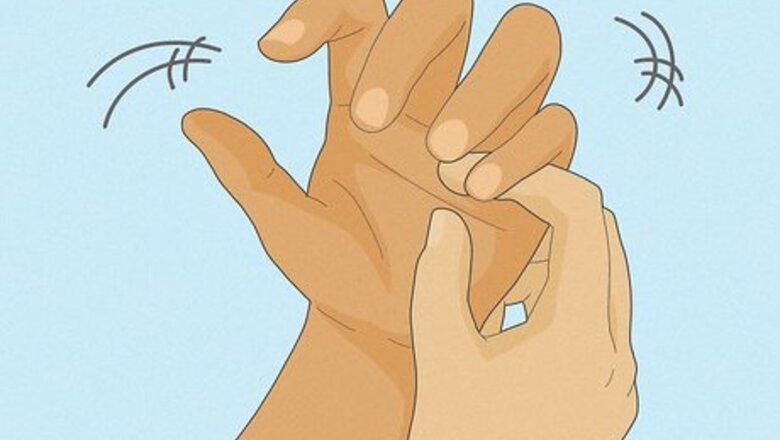
views
- Set your hand on top of the hand of whoever’s tickling you—this can help get rid of the ticklish feeling.
- Relax yourself before you get tickled so the sensation doesn’t affect you as much.
- Think about something entirely different while you’re being tickled to help take your mind off the experience.
How to Stop Feeling Ticklish
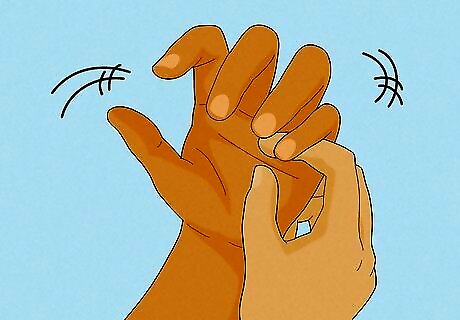
Rest your hand on the hand of your tickler. You’re less likely to feel ticklish if your brain can predict the movement before it happens. By putting your hand on the tickler’s, their tickling motions will be more predictable to your brain, and you won’t feel as ticklish when they touch you.
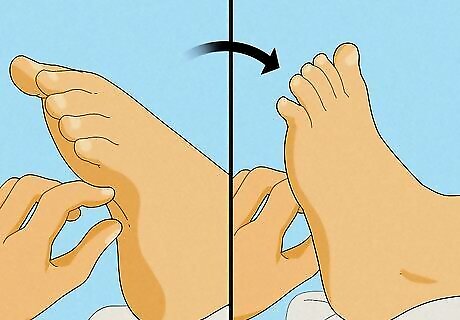
Relax the muscles that are being tickled. Some people find that relaxing their ticklish areas can help the sensation feel less severe, as long as it’s done before the tickling starts. Strategies like deep breathing, progressive muscle relaxation, and mindfulness meditation are all great ways to unwind and relax. For example, try taking a deep breath and fully relaxing your hand at the nail salon before the nail artist starts touching it.
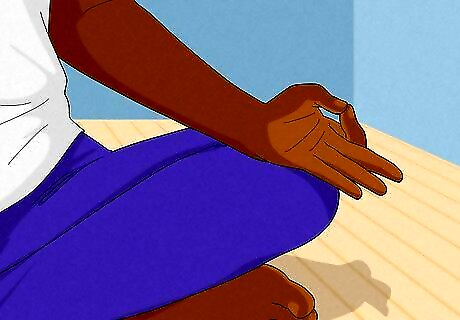
Distract yourself by focusing on a different topic. It’s definitely tough to leave tickle town once the tickling starts, but do your best to focus on and think about something entirely different, like your favorite movie or something you have to get done that day. If you think less about the tickling, the sensation might not feel as severe, and you’ll be less likely to laugh. Practicing meditation may help you get better at keeping your mind in a calm, relaxed state. It might also make it easier to focus on something other than the feeling of being tickled.
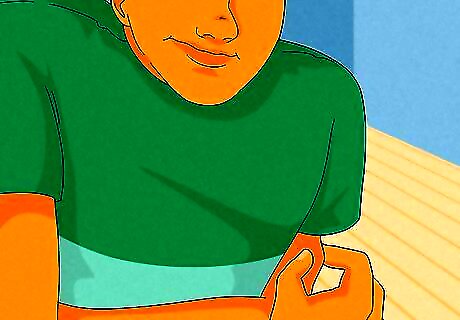
Pinch or rub a different part of your body. When your brain has to process multiple sensations at once, it may not have the bandwidth to focus on the tickling feeling and the other sensation. Gently pinch, rub, or tap your fingers somewhere else to distract your brain. You may still feel a ticklish sensation, but you'll pay less attention to it overall and it will feel less severe. Distraction like this is also a common pain management technique.

Stay warm. When you're chilly, your muscles tense up and your body begins shivering to warm itself up. This extra sensitivity can make tickling feel more intense. If you can, turn up the heat or get under a blanket to get warm and relax your muscles. This might make you less prone to tickling attacks.
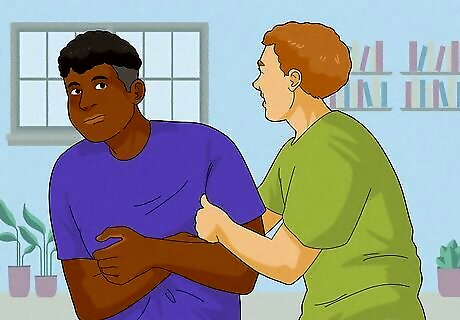
Practice being reactionless whenever you’re tickled. As tough as it may be, pretend that the sensation of being tickled doesn’t bother you whatsoever. If you don’t acknowledge the tickling as something scary and uncomfortable, you might not feel as ticklish in the long run.
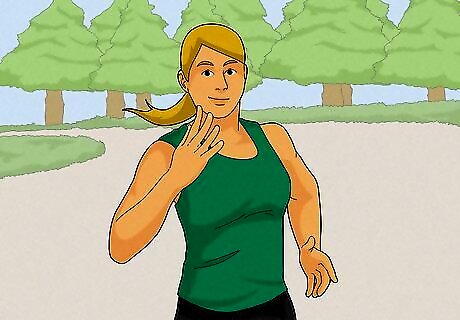
Get plenty of exercise. Some people find that breaking a sweat can help them feel less ticklish or less likely to react to being tickled. Head out for a walk, bike ride, swim, or any other type of physical activity that appeals to you, and see if it helps. Some people find that getting exercise helps lessen the ticklish feeling overall.
Why are we ticklish?
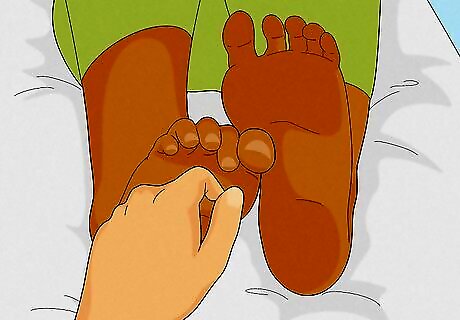
Humans are ticklish due to a phenomenon known as gargalesis. The brain interprets tickling in two unique ways: knismesis, an itchy feeling experienced after a light touch, like a bug landing on your arm, and gargalesis, a ticklish feeling experienced after a firmer touch (like a traditional tickling session). The default reaction to gargalesis is usually laughter, but there’s not enough research done to know why this is the case.

Tickling is believed to serve an evolutionary purpose. As of right now, scientists can’t quite figure out why people feel this sort of ticklishness to begin with. There are a few popular theories on the subject, though, like: Tickling helps to deepen friendships. Tickling lets a person know that something’s touching their skin. Tickling helps you practice protecting yourself.
Why can’t you tickle yourself?
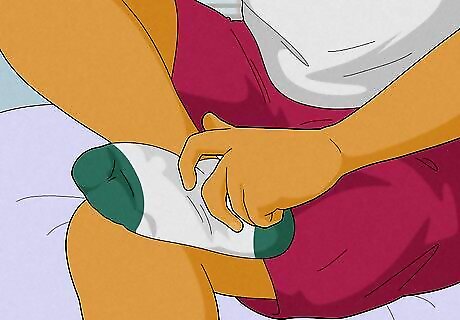
Your brain predicts the movement, so you don’t feel ticklish. At the base of your brain is a region known as the cerebellum. Some research suggests that the cerebellum can anticipate your self-tickling gesture before you actually perform it, which prevents you from feeling a ticklish sensation. In one study, the brain cortexes that process positive information and touch were examined during a round of self-tickling as well as regular tickling done by someone else. These regions were much more engaged in a session of traditional tickling rather than self-tickling.














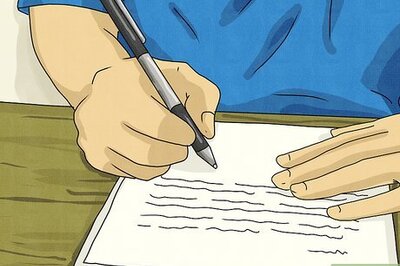
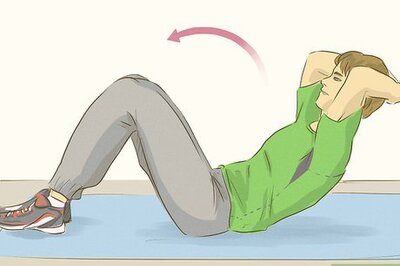
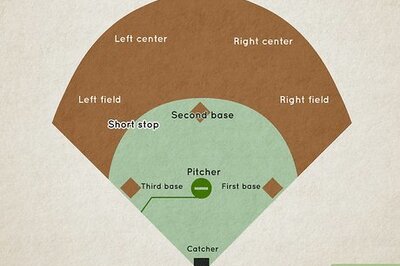
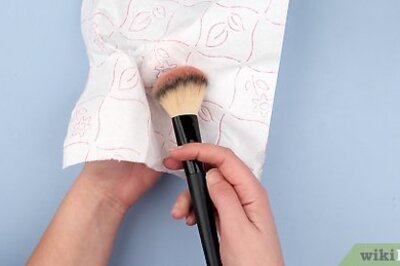
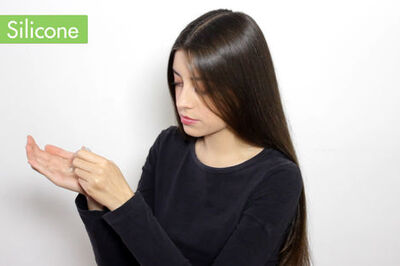

Comments
0 comment